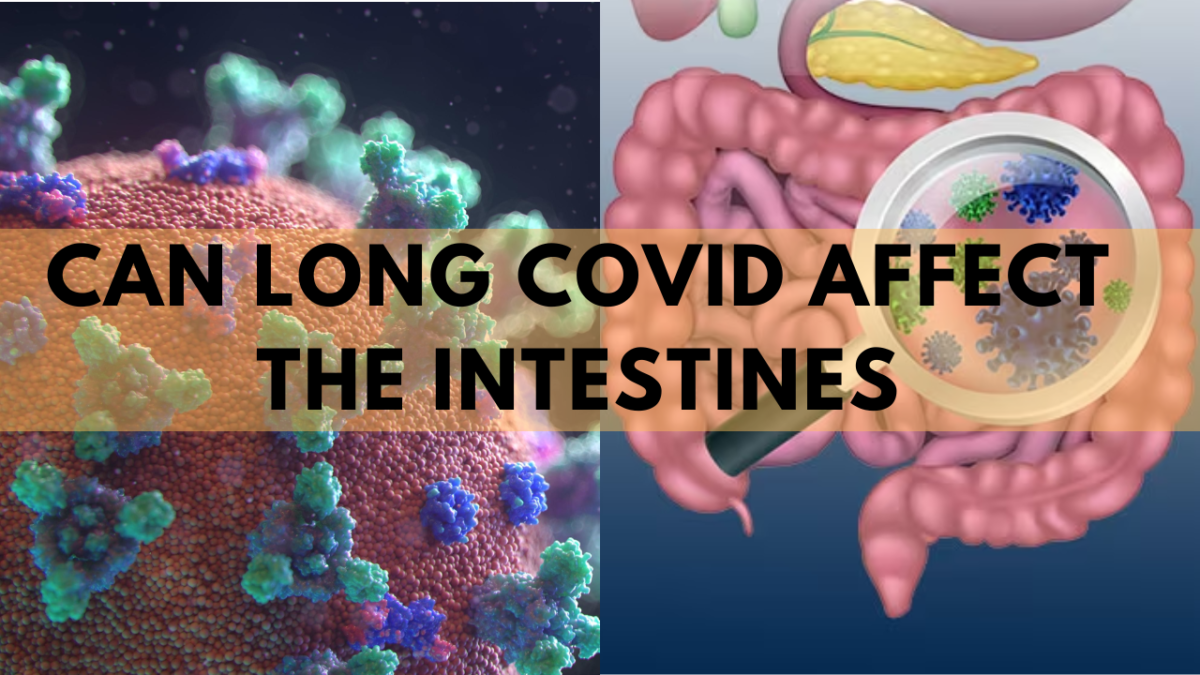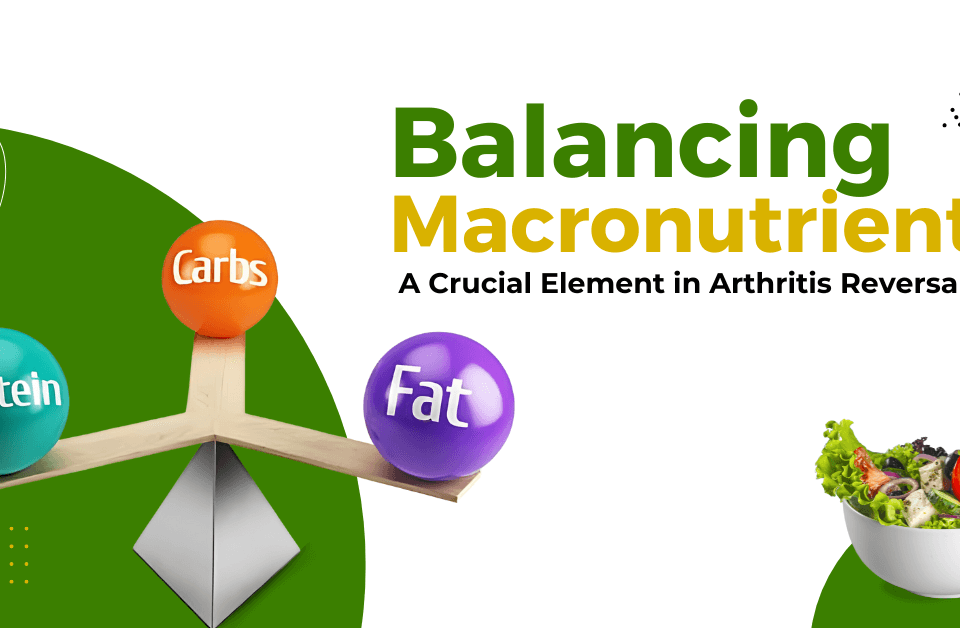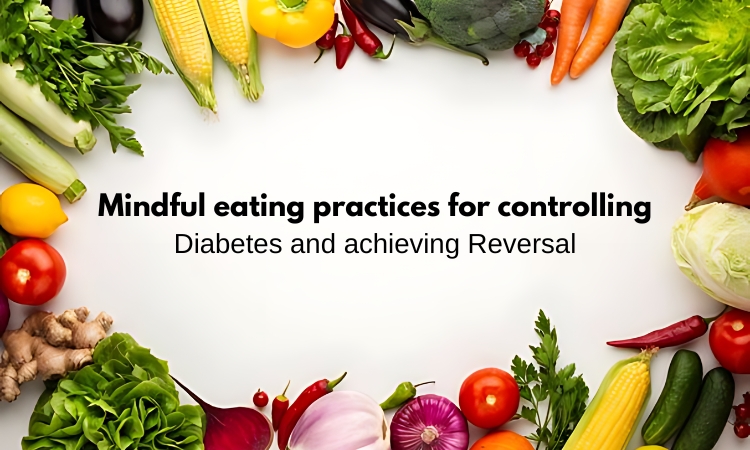Can long Covid affect the intestines?

Ways to reduce harmful visceral fat
December 23, 2023
Why are consumers confused about their food?
January 6, 2024When you get infected with COVID-19, the virus can affect your gut, which is a part of your digestive system. Your gut is like a long tube inside you where food goes to get broken down, and nutrients are absorbed.
COVID-19 can cause problems in the gut in a few ways. First, it can affect the cells that line the gut, leading to inflammation and making it hard for your gut to work properly. This might cause symptoms like diarrhoea or stomach pain.
Second, the virus can also spread to the gut through the bloodstream. When this happens, the gut can get inflamed, and the normal balance of good and bad bacteria in your gut might get messed up.
Long COVID, often referred to as "Post-Acute Sequelae of SARS-CoV-2 infection" (PASC), is a condition in which some patients continue to have symptoms for weeks or even months after the original COVID-19 infection has subsided. Even though many individuals with COVID-19 recover within a few weeks, some continue to experience a range of symptoms that can be quite debilitating.
The exact cause of Long COVID is not entirely understood, but it's believed to be a result of the virus causing lingering inflammation and affecting various organs and systems in the body.
Some of the common symptoms experienced during Long COVID include:
1. Fatigue:Feeling extremely tired and weak, even after mild physical or mental exertion.
2. Shortness of breath:Difficulty breathing, even during light activities.
3. Brain fog:Trouble concentrating, memory issues, and difficulty thinking clearly.
4. Joint and muscle pain:Persistent aches and pains in the body.
5. Chest pain:Discomfort in the chest, unrelated to heart problems.
6. Headaches:Frequent or severe headaches.
7. Loss of smell or taste:Some people may continue to have altered or reduced senses of smell and taste.
8. Heart palpitations:Irregular or fast heartbeats.
9. Sleep problems:Insomnia or disturbed sleep patterns.
These are but a few instances; Long COVID can present itself in a number of ways, and each person will experience its symptoms differently. It can affect people of all ages, including those who had mild or asymptomatic COVID-19 infections initially.
The impacts of Long COVID on human health can be significant. Many individuals with this condition face challenges in daily life, including difficulties working, studying, or participating in regular activities. Long COVID can have a negative impact on both physical and mental health, which can lower quality of life and raise medical expenses.
Researchers and healthcare professionals are continuously studying Long COVID to understand its underlying causes better and find effective treatments. Suppose someone experiences persistent symptoms after recovering from COVID-19. In that case, it's crucial for them to seek medical attention and support to manage their condition.
Remember, staying informed and following recommended guidelines can help protect ourselves and others from the potential impacts of Long COVID.
Understanding the Gut-Brain Connection and Seeking Relief for Long COVID Symptoms
The gut might be involved in long COVID because after recovering from COVID-19, some people experience chronic gut symptoms. This could be linked to a condition called post-infectious irritable bowel syndrome (IBS), which can happen after a stomach flu.
The gut has a complex network of nerves that connect it to the brain, controlling communication between different parts of the gut. When these nerves don't work well, it can lead to problems like pain, diarrhoea, or constipation, even if the process of digestion remains normal.
Experts believe that viruses and bacteria infecting the gut during COVID-19 might cause a change in gut-brain signalling, leading to the development of conditions like IBS.
If someone experiences long-lasting gut problems after COVID-19, they should talk to their healthcare professional. While we are still learning about the link between COVID-19 and gut issues, some specialists suggest trying treatments for IBS or other gut-brain interaction problems.
Don't suffer alone or feel embarrassed to seek help if the symptoms are affecting your life. Reach out to your healthcare professional, discuss your symptoms, and see if they can recommend treatments or refer you to a GI specialist. As research continues, more information may become available.







